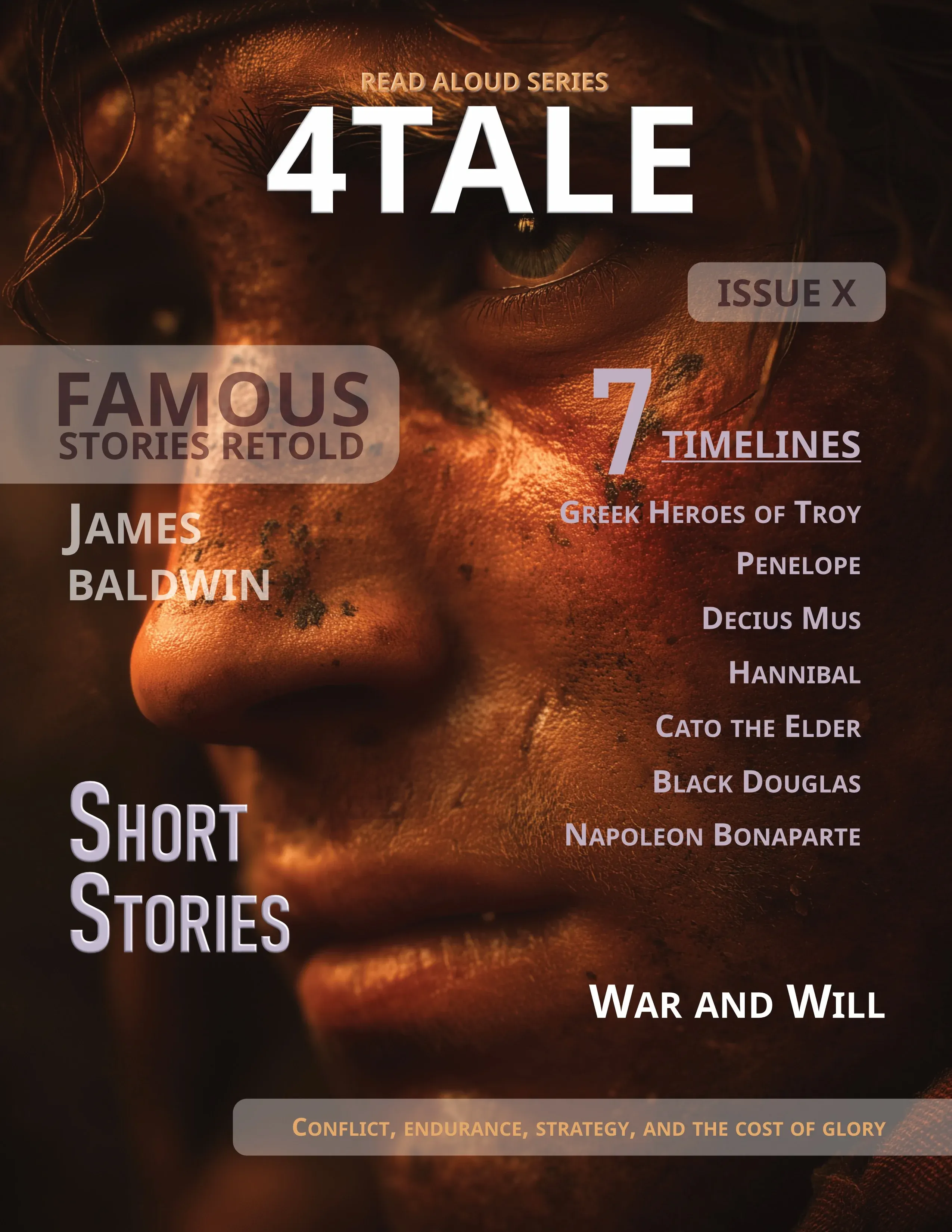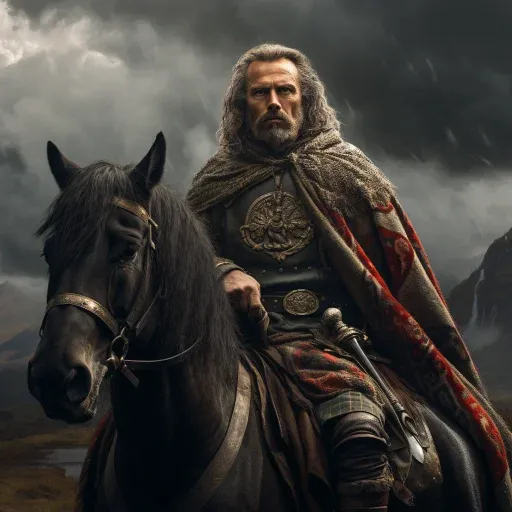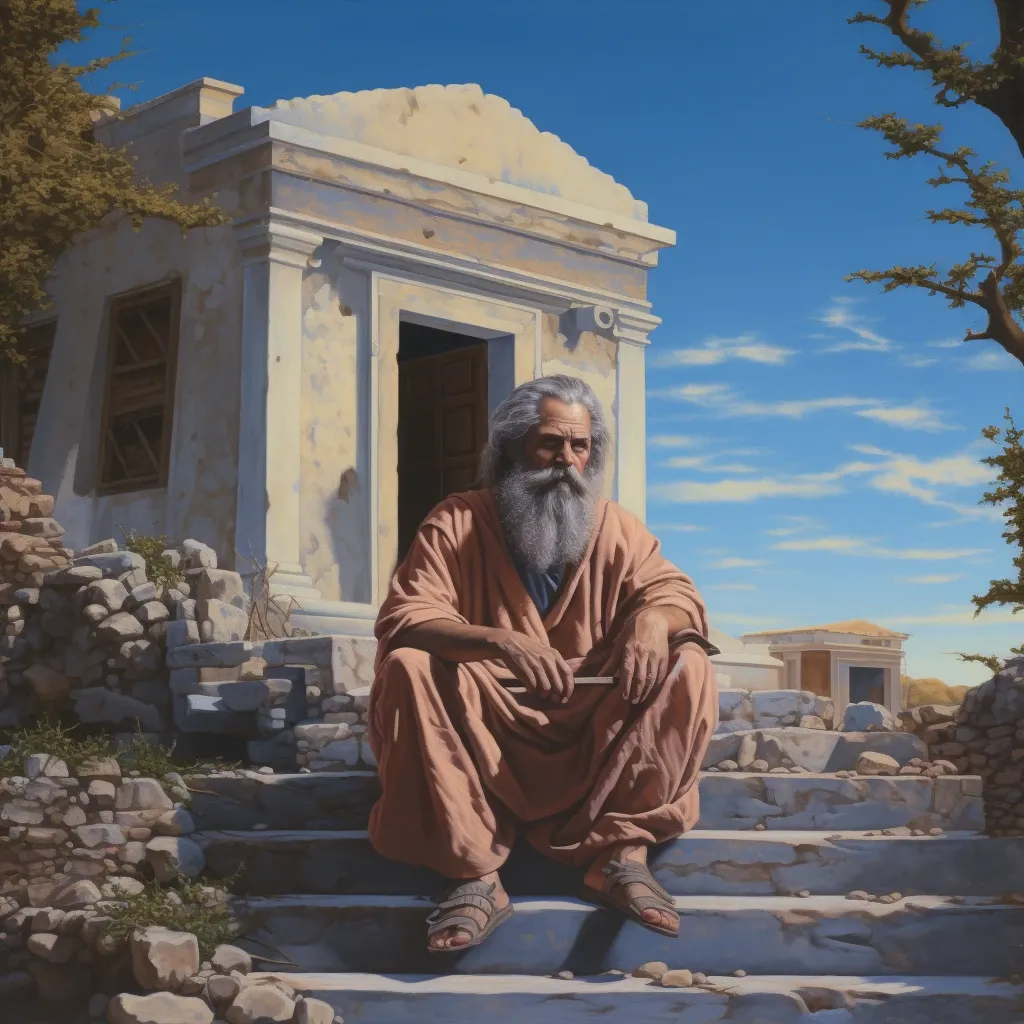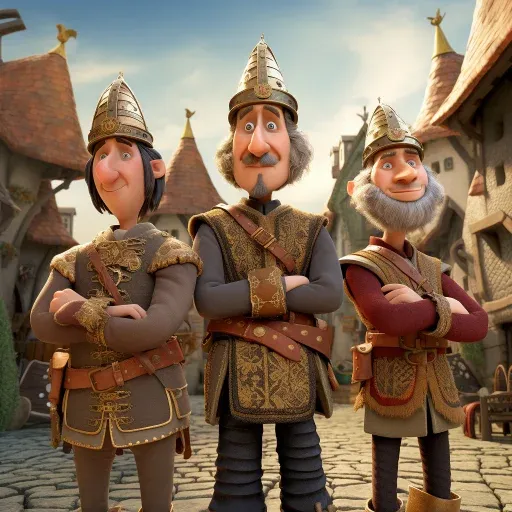
Heading

James Douglas: Known as "The Black Douglas," he was a Scottish knight and a close ally of Robert the Bruce.
Castle Raids: Douglas was known for his daring raids, including the capture of Roxburgh Castle.
A good book we like, we explorers. That is our best amusement, and our best time killer
- Roald Amundsen, Explorer
Fearless Warrior Black Douglas: Scotland's Legend
Delve into the captivating tale of Scotland's courageous knight, popularly known as the Black Douglas. His fearsome reputation, forged in the heat of battle, held the English in a grip of dread. Journey with us as we unravel the legacy of this valiant warrior, whose exploits have become the stuff of legends. Experience the thrill of his daring strategies, the terror he inspired in his enemies and the respect he commanded among his allies. By the end of this riveting tale, you'll come to appreciate why the Black Douglas remains a revered figure in Scottish history to this day.
The Early Life of Black Douglas
In the time of King Robert Bruce in Scotland, there lived a brave and daring man named Douglas. His long, black hair and beard coupled with his tanned and dark face earned him the nickname of the Black Douglas. From his early life, he showed signs of bravery and staunch loyalty towards his homeland. His formative years were marked with his dedication to serve his king and country, which set the stage for his later heroic deeds.
The Rise of Black Douglas: Friend and Helper to the King
The Black Douglas was not just any soldier, but a trusted and formidable friend of the King. His loyalty to the king was unwavering, and he proved himself to be one of the greatest assets during the time of strife. The rise of Black Douglas was not a product of chance, but a testament to his fearlessness, strength, and strategic acumen. His close relationship with the king enabled him to play a significant role in the political landscape of the time.
Podcast
The War with the English: Black Douglas' Brave Deeds
The war with the English was a turning point in the life of Black Douglas. His bravery was unparalleled, and he led many successful campaigns against the English forces. His mere presence on the battlefield was enough to instill fear in the hearts of his enemies. The Black Douglas was a force to be reckoned with, a leader who never backed down, and a soldier whose brave deeds were etched in the annals of history. His successful exploits against the English not only bolstered the morale of the Scottish forces but also played a critical role in the overall victory.
The Fear of Black Douglas: A Legend Among the English
The Black Douglas was not only a formidable warrior but also an evocative symbol of fear for the English. His dark and brooding appearance, coupled with his outstanding combat skills, gave rise to a chilling figure that haunted the English populace. Tales of his ferocity in battle were spun into bedtime stories, intended to instill fear and obedience in children. Mothers would warn their children that if they misbehaved, the Black Douglas would come and get them. This terrifying image of Douglas became so ingrained in the collective consciousness of the English that his mere mention was enough to instill fear, demonstrating his psychological impact on the enemy.

The Capture of the Castle: A Surprise Attack by Black Douglas
The Black Douglas was not only a fearsome warrior but also a brilliant strategist. Evidence of his tactical genius is found in the surprise attack on a castle held by the English. Douglas and his men approached undetected, passing off as farmer's cattle in the dim evening light. The unsuspecting English soldiers, deep in their holiday merriment, were taken by surprise when Douglas and his men leaped onto the castle walls from concealed ladders. The swift and unexpected attack left the English disoriented, leading to a swift victory for the Black Douglas. This event underscores Douglas's crafty military tactics and his ability to capitalize on the enemy's weaknesses.
The Aftermath: Black Douglas' Legacy and Impact on Scotland
The legacy of the Black Douglas extends far beyond his lifetime. His courage, tactical brilliance, and unyielding devotion to Scotland left an indelible mark on the nation's history. He played a pivotal role in the war against England, helping to secure Scotland's independence. Even after his death, his legend persisted, inspiring future generations of Scottish warriors. His life serves as a testament to the enduring spirit of Scotland and its people. Today, the Black Douglas is remembered as a national hero, a beacon of resilience and bravery, whose deeds continue to shape Scotland's cultural narrative
Conclusion
In this gripping tale, we've explored the life and times of the Black Douglas, a figure who looms large in Scotland's rich history. We've witnessed his rise from obscurity, his courageous deeds in the war against the English, and how his fearsome reputation spread terror among his enemies. His audacious capture of the castle, and the lasting impact of his legacy on Scotland, only serve to enhance his lore. The Black Douglas remains a shining beacon of valour and bravery, a testament to Scotland's indomitable spirit. His story continues to inspire, a reminder of a bold past and a rallying cry for the future.





